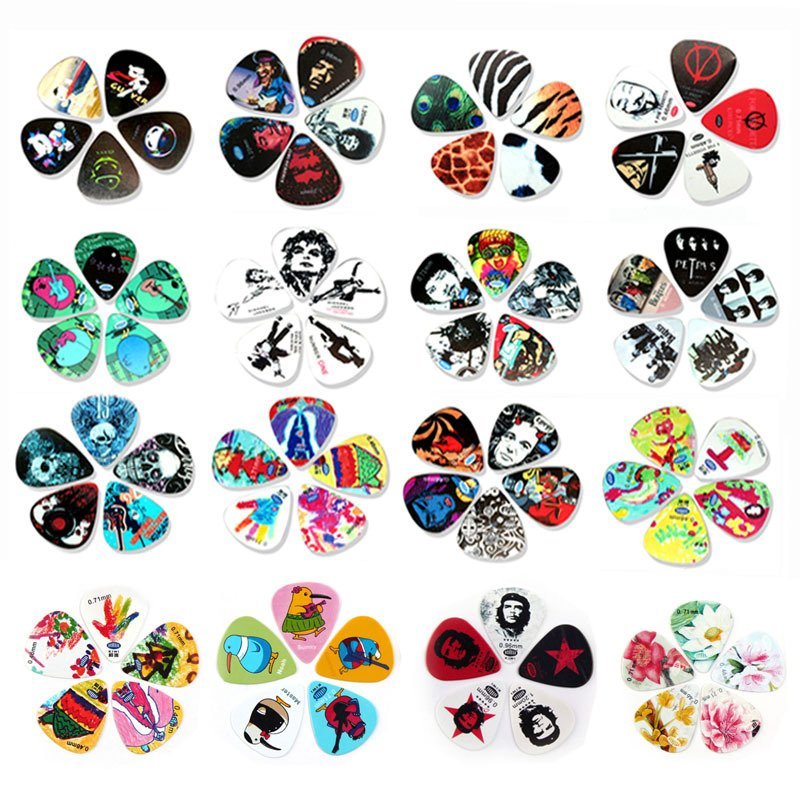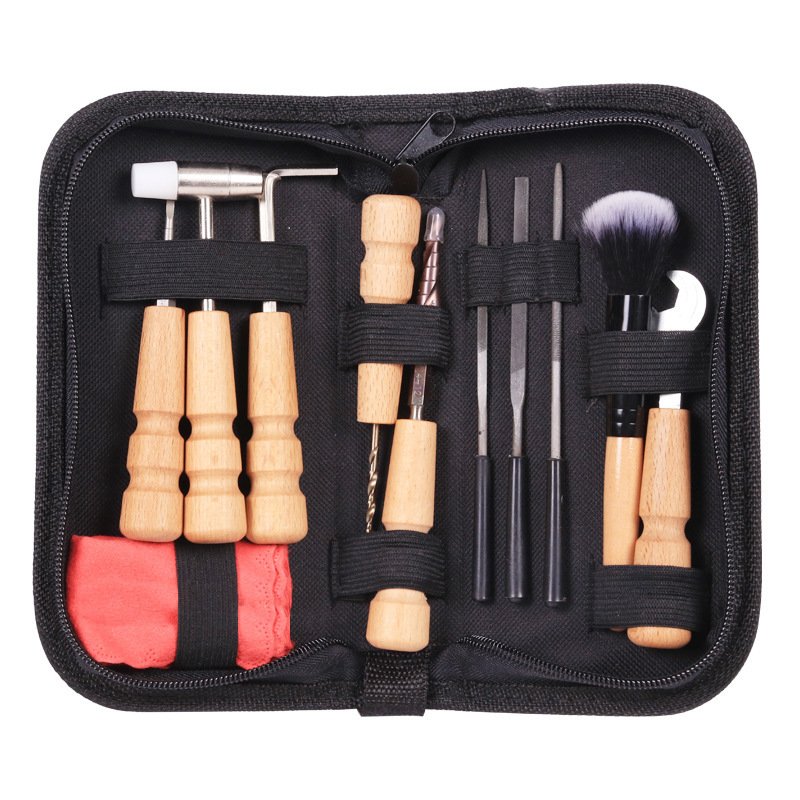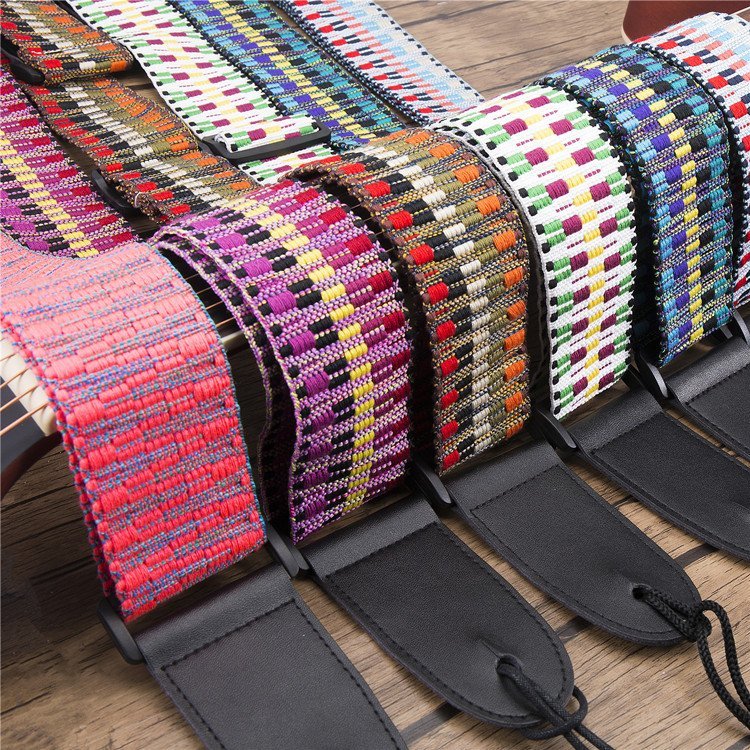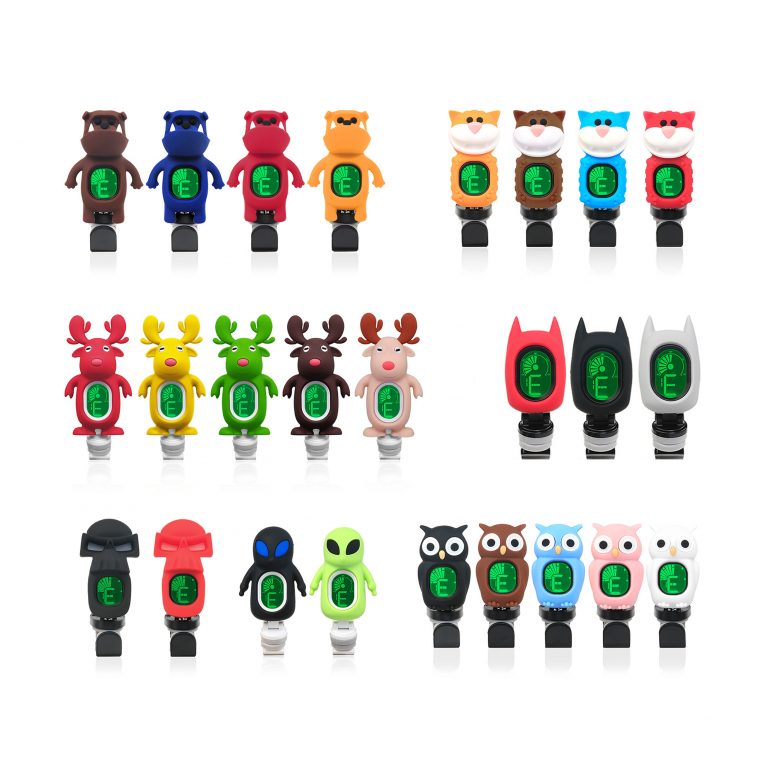If you’re inclined to music as well as business, you may have a shot in the field of guitar sales and distribution. As one of the most popular and useful musical instruments, the guitar has a huge base of prospective buyers, a market served by both independent music stores and big-box retailers. There will be some inventory and buy-in requirements from manufacturers. Keep in mind this competitive field demands hard work and the ability to adapt to an often-changing business environment.

Research
Research the local music market. Visit music stores and make some friendly inquiries on their business. Are there local instrument distributors already working in your town? Does the store buy from these operations or directly from the manufacturer? Go to manufacturer websites to find out where their products can be purchased.Godin Guitars, for example, posts an interactive map that will give you contact information for all locations. Most companies making musical instruments freely offer dealer and distributor lists on their sites.

Contact
Contact guitar manufacturers; most will allow prospective partners to start the process of becoming a distributor or sales rep through their websites. Godin guitars, for example, offers a fillable online contact form that requires your name, address, e-mail, as well as basic information: your available investment capital, the number of stores, if you are a retailer, and the number of years, if any, you’ve been in the business. Smaller manufacturers might be willing to deal with smaller operations; large companies will set higher minimum sales figures and expect their outlets to carry a wider selection of inventory.

Learn about the manufacturer’s buy-in requirements, and try to get a handle on your margins — the gross profit represented by the difference between the wholesale and retail price of the company’s guitars. Check out repair and return policies; the easier terms on these services, the easier your relationship with your own customers. Inquire about the company’s online sales, which may be competing directly with your own. In general, you want a distributor-friendly company that’s just as interested in keeping an independent distributor in business as in making money.

Accessories
Consider adding guitar accessories to your product line. Music outlets sell stands, bags, and other essential parts to musicians, music teachers, bands, churches, schools — anyone who presents music to the public or who is a music educator. The inventory requirements will be easier for these lower-cost items, and by dealing with accessories you can cultivate a wider field of clients and retail contacts. we can supply all your guitar accessories needs: stands, bags.capos, strings, cables,Tuners etc.
If you need any items, please contact us.

